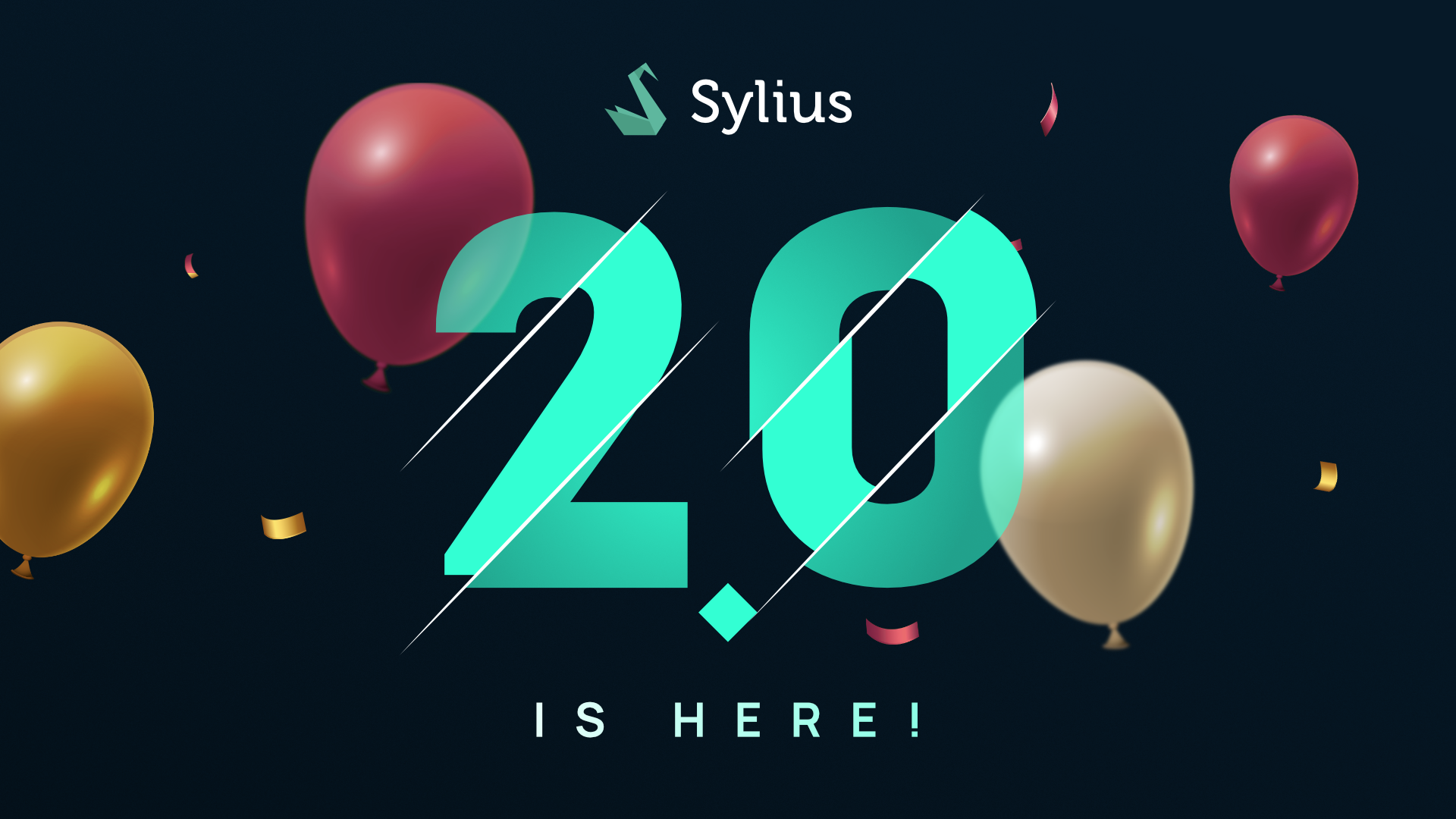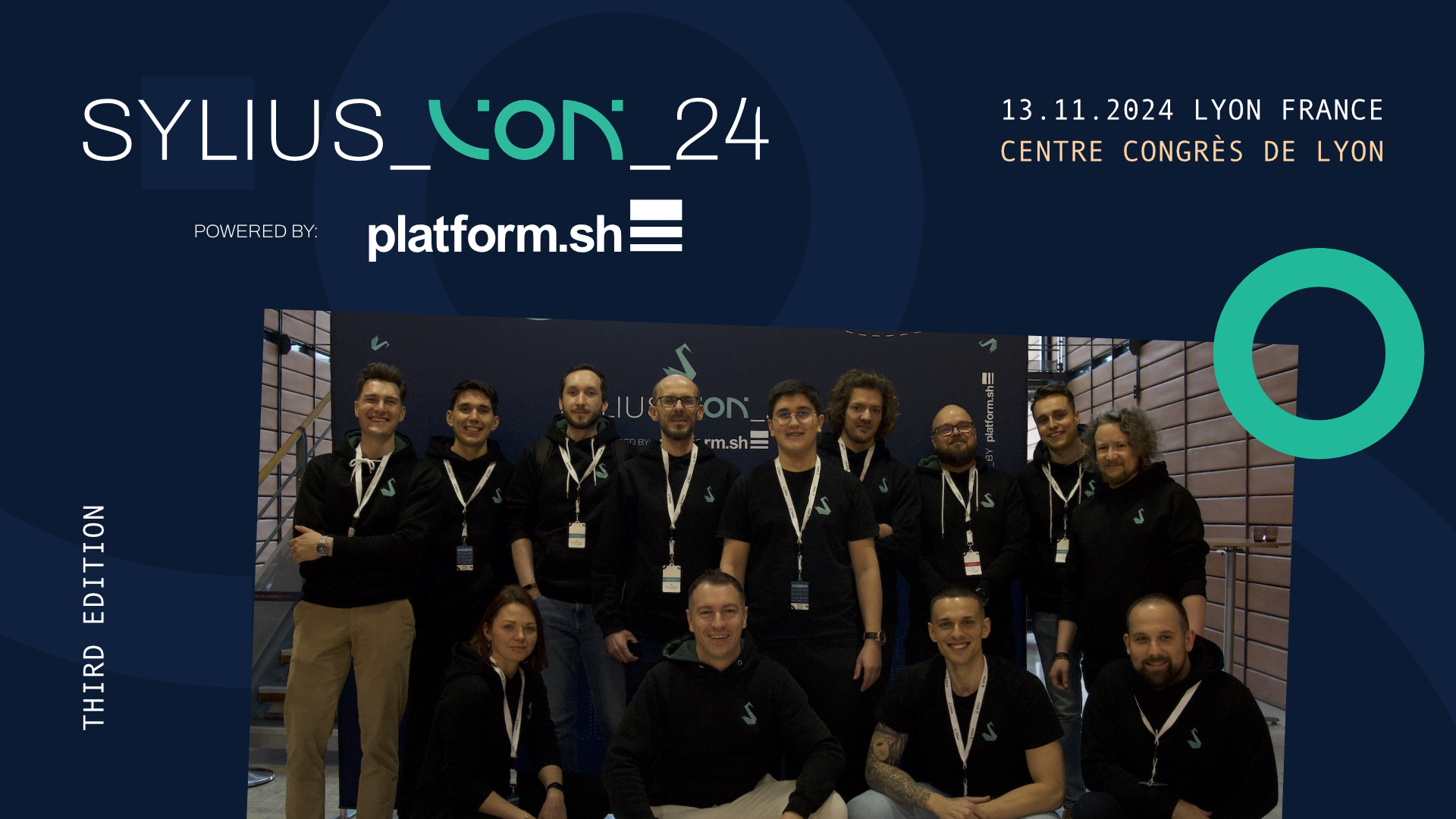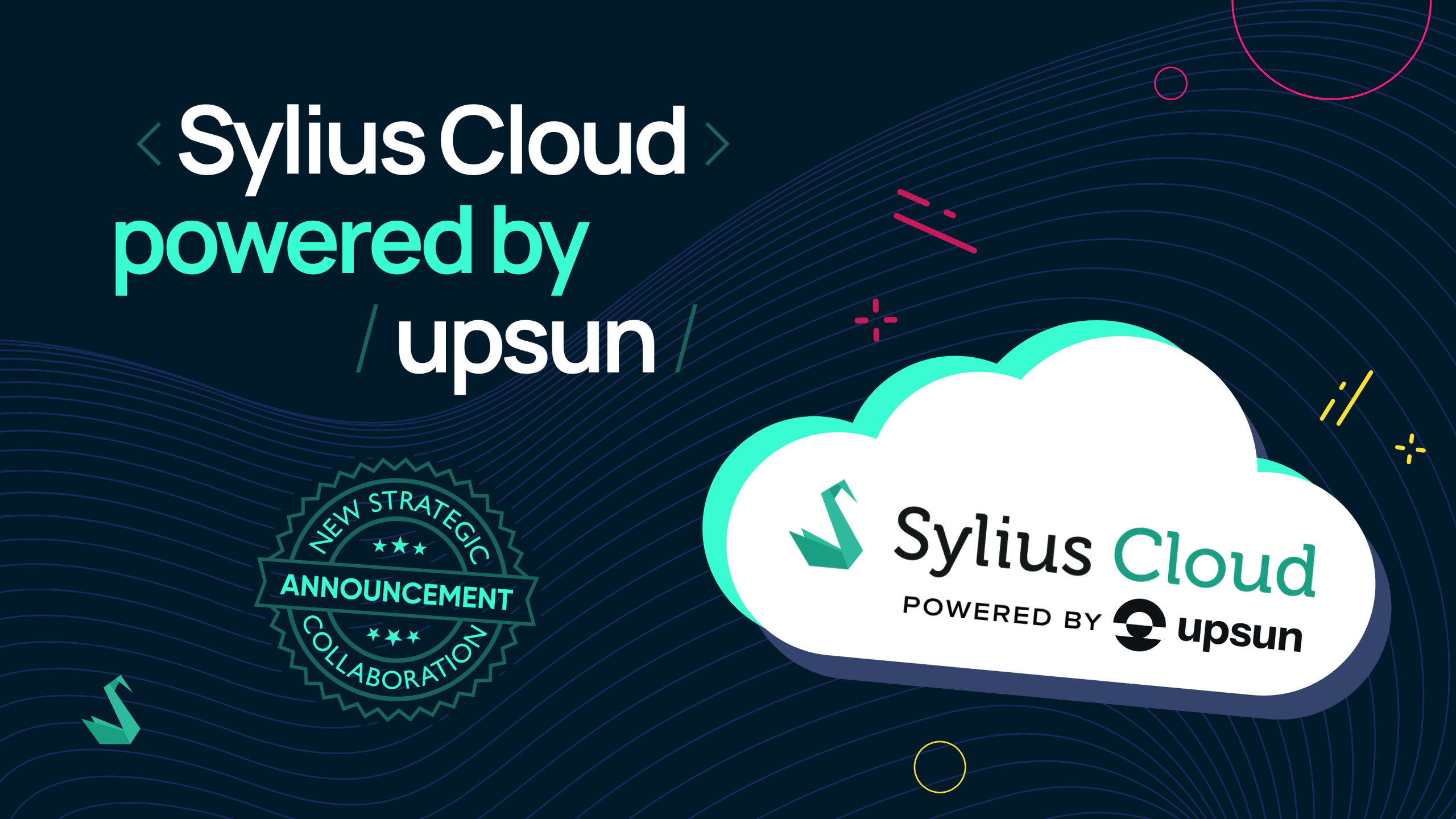
Sylius is an open-source eCommerce framework based on PHP Symfony. It is available in two versions: a Community Edition and a commercial edition – Sylius Plus. Both options give the ability to scale and expand the eCommerce store with ease.
Sylius is an API-first, headless, PWA-ready open-source platform suitable for numerous cases for merchants who value digitalizing businesses. Sylius stands in contrast to the monolithic approach, and its superior performance has drawn many major players in the eCommerce industry. Its adaptability, exceptional architecture, and underlying philosophy provide enough flexibility to describe it as both a platform and a framework for even the most complex eCommerce initiatives.
This article is aimed at software developers who want to learn how to become outstanding Sylius developer. It will also be handy to those who want to learn good practices while working on projects based on Symfony and freelancers who want to learn the foundations of working with Sylius.
First, it’s beneficial to have some familiarity with Symfony; however, knowledge of PHP (and the so-called LAMP or similar stack) is essential. There are numerous tutorials available for learning both, but this article will bypass them and presume that readers are either currently proficient or will soon be fluent in these technologies. We suggest exploring SymfonyCasts, which offers a wealth of videos on PHP, design patterns used in the language, and the Symfony framework itself. While it’s possible to learn these aspects from documentation and StackOverflow, SymfonyCasts provides a well-organized and easily digestible step-by-step approach to the material, making it a valuable investment.
When dealing with standardization, adhering to the Sylius coding standards simplifies navigation throughout the project. As Sylius is built on Symfony, it adopts its conventions while introducing additional ones, such as static code analysis using PHPStan.
The goal of standardization is to make management and project transitions smoother and to enhance the implementation process. Additionally, it minimizes potential misunderstandings among developers by utilizing clear coding rules that must be followed. Embracing this approach is particularly important for those who aim to be effective team members and think about the project’s long-term success. This mindset is indeed a valuable asset for any proficient developer.
The state machine is a fundamental concept in Sylius, utilized extensively across various processes, such as the checkout process and the handling of an order’s shipments and payments. To implement this, Sylius uses the WinzouStateMachineBundle, which serves as an integration layer between the state machine library and Symfony, both of which are provided by the same vendor. Initially, this might seem complex, but its value becomes clear once you fully understand its purpose and see how Sylius applies it. Take our word for it – it’s a powerful tool.
Many web applications often feature a grid with options for sorting and filtering. This bundle facilitates the display of grids by incorporating the Sylius Grid component into the Symfony framework, for example, enabling automatic sorting. A crucial element of this setup is mastering the ResourceBundle, which standardizes CRUD operations and forms the foundation of many aspects of Sylius.
To keep it simple, knowing where to find the information you need in Sylius is essential. It’s advisable to read Sylius’ documentation to learn how to extend data structure by adding new fields and relationships to the database and specific segments of the data architecture, such as creating and customizing repositories for a proper access layer.
API Platform is a REST and GraphQL framework that is designed to build modern API-driven projects, which are, in fact, a norm in the Symfony world nowadays. For instance, the API Platform covers functionalities like product catalog and checkout. To understand fully what the API offers in Sylius, feel free to explore the demo.
To learn how to utilize the Sylius API effectively, it is worth to study the Cookbook. This resource provides a broad overview of conducting various operations within Sylius, making it an extremely valuable tool for navigating the Sylius ecosystem.
The Slack channel dedicated to Sylius developers is the first resource that is certainly worth exploring. Beyond the Sylius documentation, it is an excellent forum for interacting with the community, whether you need assistance with an issue or wish to offer help. Additionally, you might want to visit Friends of Sylius on GitHub, which hosts numerous open-source plugins, bundles, tutorials, and more. Packagist also features a repository for Sylius packages. BitBag’s GitHub is another good source for numerous Sylius plugins, and their blog offers even more valuable content.
Lastly, once you gain some understanding of Sylius and the Symfony framework, it’s highly beneficial to engage in helping others. Teaching not only aids in learning but also promotes personal and professional development.
Sylius is a platform that offers extensive capabilities, superior performance, and high-quality code. Proficiency in PHP Symfony can greatly enhance a software developer’s career, opening doors to opportunities as a Sylius developer. Furthermore, the Sylius community is always ready to help and support newcomers. As a team, the Sylius community encourages sharing your expertise with others; therefore, do not hesitate to spread the word by sharing this article!
Originally published at https://bitbag.io on March 23, 2023


